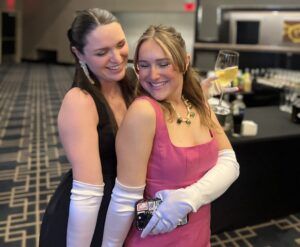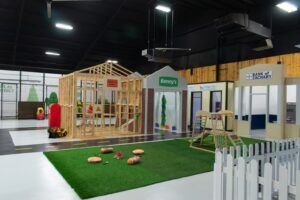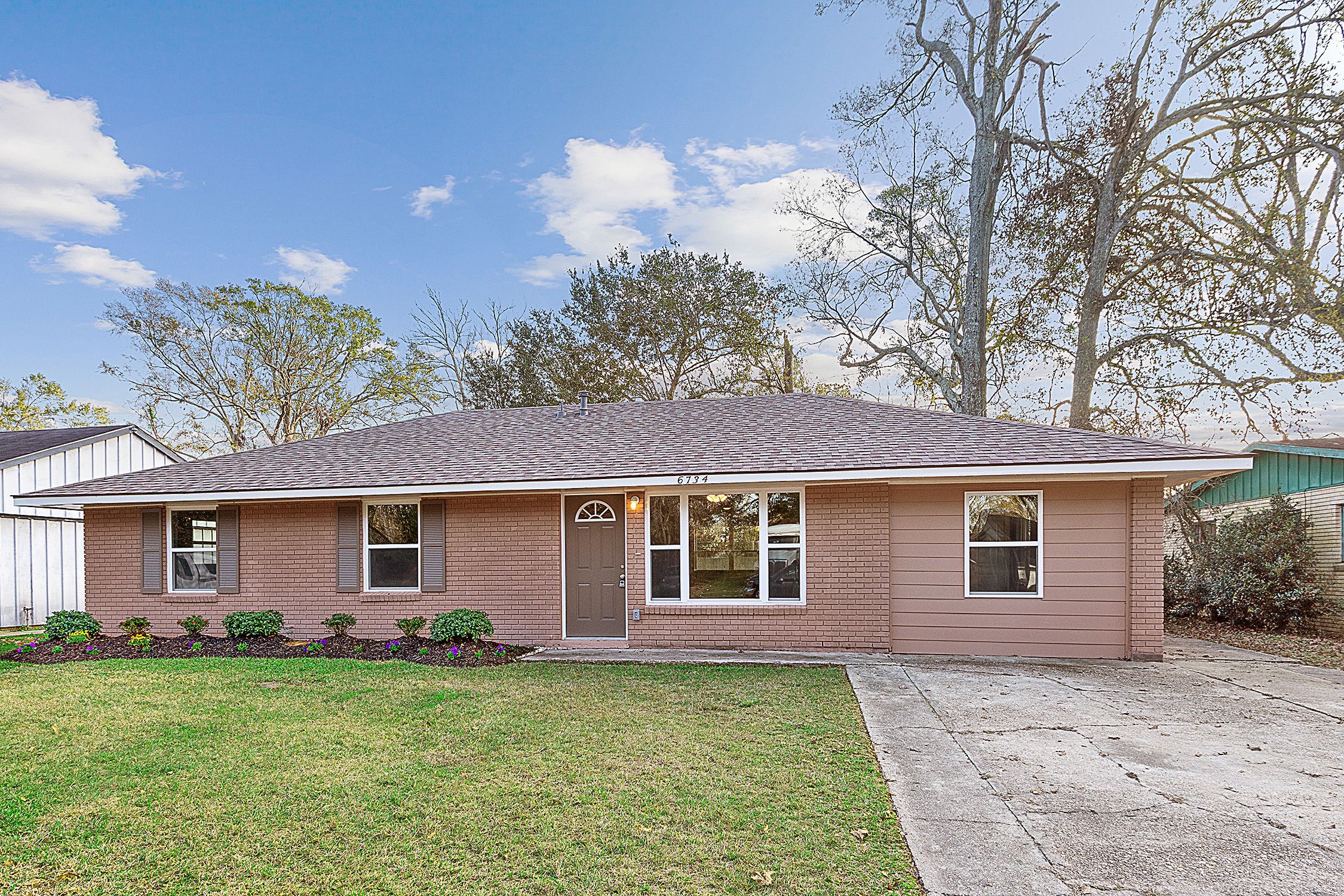
Giving Back: Urban Restoration Enhancement Corporation
We’ve all seen the headlines, or maybe even lived it: For the past year or so, the housing market has been a Wild West of uncertainty, with homes selling faster than some buyers can cross the thresholds. For many low- to middle-income families, stress levels have risen right along with record-breaking gas prices and skyrocketing rents. It’s easy to see why the availability of affordable housing remains a crucial component of Louisiana living.
In Baton Rouge, much of that responsibility falls under the care of the Urban Restoration Enhancement Corporation, or UREC. Founded in 1992 by the late Baton Rouge Metro Council member and state representative Ronnie Edwards, the nonprofit continues to pursue equity and opportunity for city residents not just through affordable housing but also through community engagement and human development—the latter of which entails projects ranging from youth initiatives to small business training programs.
“We also have a development team that consists of architects, engineers and general contractors,” says CEO and president Carl Dillon, who has worked with UREC since 2007. “We partner with some of our local banks to help with traditional financing, and leverage funds from grant subsidies and government agencies, whether on a local or state level. In the end, we try to provide homes that any one of our own staff members would be proud of.”
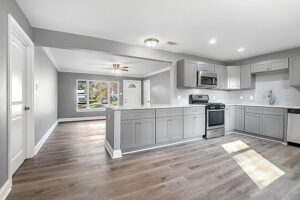 UREC’s housing communities often have a specific intention beyond a simple roof over a person’s head. The organization was also the creator of Urban Villa, Louisiana’s first affordable housing community designed for families with children raised primarily by their grandparents. Having recently sold the neighborhood to a third party, as it has with its first-ever housing property, Urban Meadows—a 68-unit apartment complex that underwent major renovations during its time beneath the organization’s umbrella—UREC’s constant hunt for improved locations and specialty services continues to be a driving force behind its evolution. More recent properties include the 21 units of the Urban Gardens subdivision designed by the Southern University School of Architecture, described as “elegant and modern single-family dwellings for first-time homebuyers in North Baton Rouge.” Additional properties are planned for the coming months and years.
UREC’s housing communities often have a specific intention beyond a simple roof over a person’s head. The organization was also the creator of Urban Villa, Louisiana’s first affordable housing community designed for families with children raised primarily by their grandparents. Having recently sold the neighborhood to a third party, as it has with its first-ever housing property, Urban Meadows—a 68-unit apartment complex that underwent major renovations during its time beneath the organization’s umbrella—UREC’s constant hunt for improved locations and specialty services continues to be a driving force behind its evolution. More recent properties include the 21 units of the Urban Gardens subdivision designed by the Southern University School of Architecture, described as “elegant and modern single-family dwellings for first-time homebuyers in North Baton Rouge.” Additional properties are planned for the coming months and years.
While adults usually remain the focus of the home-buying and renting conversation—they’re the ones signing on the dotted line, after all—UREC also takes care to give special attention to the children growing up in their homes, providing K-12 youth programs like the 21st Century Learning Center at Glen Oaks Middle School, which offers STEAM enrichment programs, as well as the WHIZKIDS after-school program. Programs geared toward high school students—including the North Baton Rouge Summer Youth Development Program, university partnerships in pre-law and emergency medical response, and the IGNITE fellowship for ACT prep—offer opportunities to bolster college and career readiness.
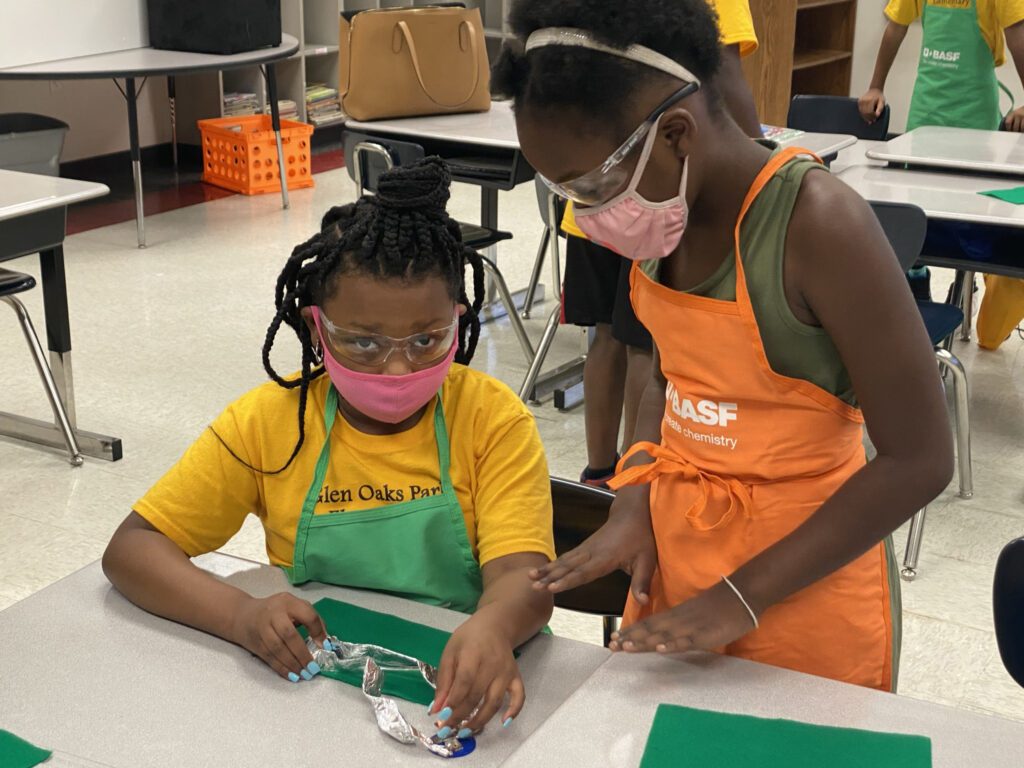
Even parents and first-time homebuyers receive targeted education at the hands of UREC, which offers a Transition to Homeownership Program dedicated to the ins and outs of purchasing, tips for how to avoid evictions and predatory lenders, and other home-related counseling. By hosting the Baton Rouge Community Development Symposium, UREC also facilitates the exchange of ideas between state and national leaders to discuss developments in the affordable housing sphere. And in 2013, it helped found the Louisiana Building Economic Security Together (LABEST) policy initiative, which represents “a diverse statewide coalition to advocate for social protection programs that help low-income families achieve economic stability.”
This multi-layered approach is part of what makes UREC more than a glorified landlord, especially for board members like Girard J. Melancon, whose experience as the vice chancellor of workforce solutions at Baton Rouge Community College lends insight into the true needs of human development.
“You can have a good house or a well-run apartment complex, but if you don’t invest in the community, then that property risks becoming just another blighted building,” he says. “Not a lot of people realize how much work is quietly done behind the scenes. It’s done without fanfare, but it’s so important.”
The real-world benefits of this quiet labor even manage to extend beyond the families served by UREC, enriching its staff and board members as well.
“It’s great to see tangible change, to be able to drive past our old properties and see them well-loved and cared for,” says Melancon. “Seeing these high school students’ graduations, too, and knowing that we played a small part in a person’s future—it’s just a great feeling.”




